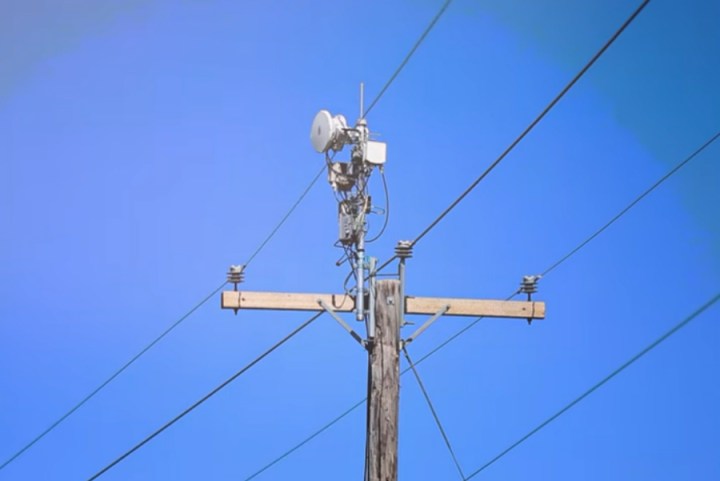
In order to achieve these goals, the Commission is investing up to $750 million, in addition to existing government programs. And the government certainly has its work cut out. Not only does the Canadian government want the latest mobile wireless technology available in homes and businesses, but it also wants the same technology present along major Canadian roads.
To that end, the CRTC’s fund will support projects to help all parts of Canada, particularly underserved regions, reach these goals. Successful applications will focus on building or upgrading infrastructure for both fixed and mobile broadband internet access services.
“Access to broadband Internet service is vital and a basic telecommunication service all Canadians are entitled to receive. Canadians who participated during our process told us that no matter where they live or work in our vast country — whether in a small town in northern Yukon, a rural area of eastern Quebec or in downtown Calgary — everyone needs access to high-quality fixed Internet and mobile services,” said Jean-Pierre Blais, Chairman and CEO of the CRTC, “We are doing our part to bring broadband services to rural and remote communities.”
That said, Blais noted that this ambitious project is not one that the CRTC can take on by itself. Rather, “All players in the Canadian communications landscape will need to do their part to ensure Canadians have access to the services they need to participate in the digital economy,” he continued.
Setting forth a call to action addressed to “all levels of government,” the CRTC Chairman urged all levels of government to address gaps in digital literacy. Ultimately, he conclude, “High quality and reliable digital connectivity is essential for the quality of life of Canadians and Canada’s economic prosperity.”

